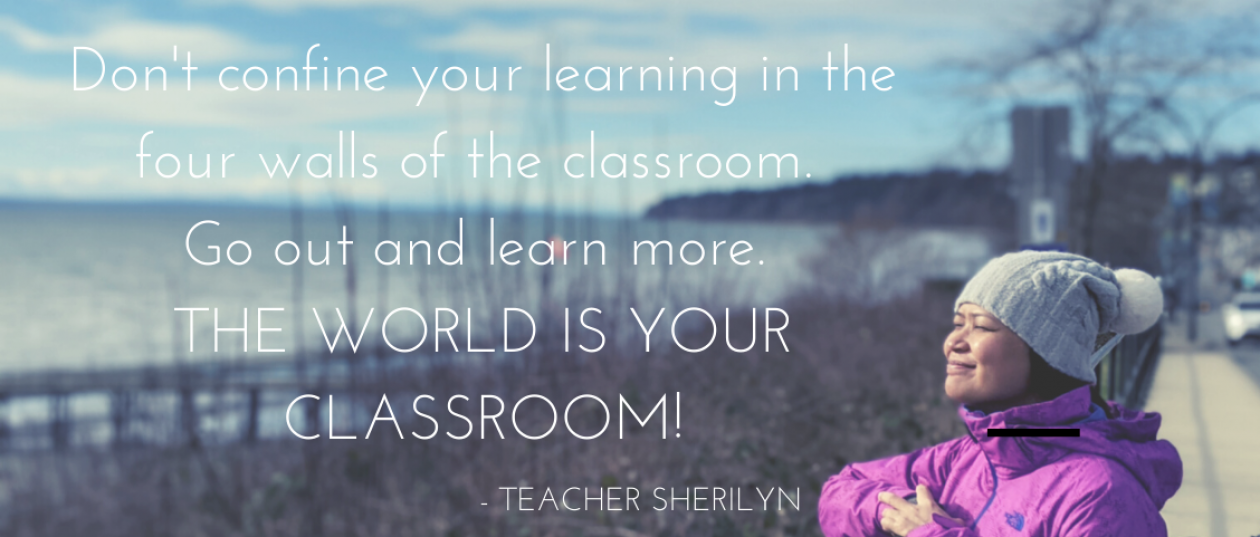We often hear Maslow’s Hierarchy of Needs, which states that people are motivated to achieve certain needs. When the first level of needs is satisfied then the person will move up to satisfy the next level. There is another theory in human needs related to Maslow’s Hierarchy of Needs, and that is the Choice Theory.
Choice Theory is developed by William Glasser. This explains that human’s behavior and choices are influenced by their desire to fulfill their needs. The needs in Choice Theory is somewhat similar to the Hierarchy of Needs. Below are the five basic needs in Choice Theory:
- Survival. This need directs us to behave or choose something in order for us to have food, shelter and others. Examples of Survival Needs are air, food, water, shelter, health and exercise.
- Love and Belonging. This need requires us to be connected, accepted and appreciated by others. Examples of Love and Belonging Needs are friendship, cooperation, involvement, relationships, connectedness, companionship, intimacy and collaboration.
- Power. This need is satisfied by achieving and accomplishing and being recognized and respected. Examples of Power Needs are importance, competition, recognition, achievement, competence, attention, respect, skills, being heard, impact, pride and significance.
- Freedom. This need drives us to make choices and have the control of our life: to set goals, to create plans, to make choices, to evaluate results and to determine the next step. Examples of Freedom Needs are choices, independence, options, liberty, autonomy and moving around.
- Fun. This need demands us to have joy and satisfaction in our lives. It is the result of accomplishment, recreation and entertainment. Examples of Fun Needs are enjoyment, pleasure, learning, relaxation and laughter.
When a person’s need is satisfied, he will feel the pleasure. Otherwise, he will feel frustrated; he will feel the pain. Whatever the person feels, it will affect his behavior or choices. How a person behaves then is internally motivated, and is not affected by external factors. We can only say what we want to say, but the decision to do it is not ours, but his!
I said a lot in this post, but the only thing I can give is information. Further decision or action is yours to make!

One thought on “Choice Theory: How and why people behave that way”